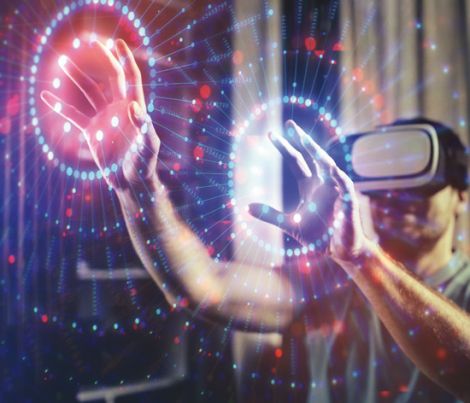Remote and Immersive Collaboration
This research agenda aims to help empower society with the language, knowledge and skills needed to thrive in the face of 21st Century challenges and opportunities.
Our Research
Partnering with industry partner Q1 Design and colleagues through the International Society of Digital Earth in Australia and overseas
Associate Professor Cheryl Desha leads this research team to enable remote-led, local-community engaged disaster prevention, preparedness, response and recovery. This includes exploring technological improvements for remote immersive collaboration through two prototype Digital Earth Node ‘DENs’, and the provisioning of a Disaster Resilience and Management facility (DRMF) space in Griffith’s new building that could be used for scenario planning, training, and disaster response.
Imagine the potential
Imagine the potential
See this one minute video
Demonstration Projects

Digital and Spatial Technologies
We have been working with university partner Chubu Institute for Advanced Studies ( International Society of Digital Earth Council Member) to develop short course capacity building experiences, including an undergraduate intensive in Digital Earth. This includes addressing the need for contingency planning to respond to events such as the impending catastrophic Nankai megathrust earthquake that has a 70-80 per cent probability of happening in the next 30 years.
We are working with Software provider Bentley to create a novel online course “Digital and Spatial Technologies” that will also be available for postgraduate continued professional development. This course will use a chapter that we wrote for the international “Digital Earth Manual” - Chapter 21 “Digital Earth in Australia” (Springer).

Disaster and Resilience Management Facility
We are working with the Inspector General Emergency Management to explore the potential for buildings to ‘stand up’ in the event of disasters and be used for training and capacity building. Such Disaster and Resilient Management Facilities are the cornerstone of resilient cities of the future.
DEN PROTOTYPING
DEN Prototyping